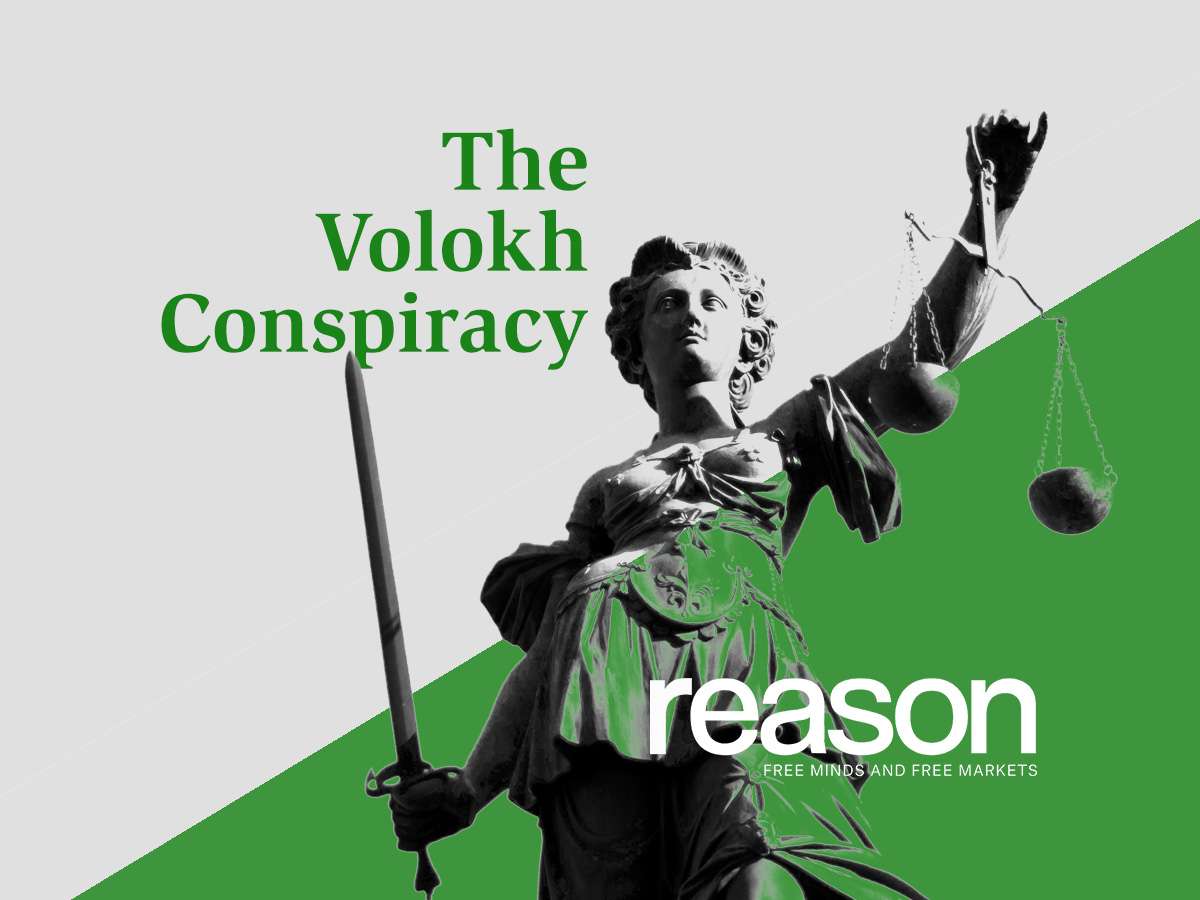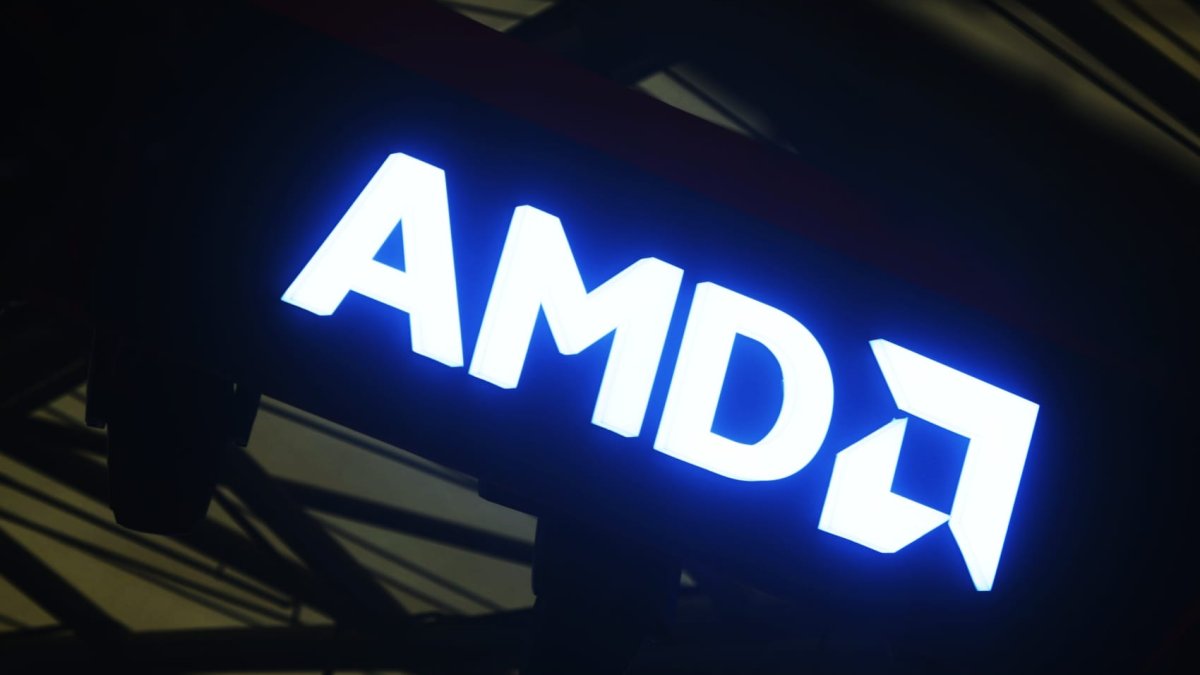From a recent ruling in Park v. Kim by the Second Circuit (Judges Barrington Parker, Allison Nathan, and Sarah Merriam), it has come to light that there is a recurring issue with AI-generated citations in legal cases. The focus of this case was on Attorney Jae S. Lee’s conduct, specifically regarding the citation of a fabricated case in her reply brief, which she attributed to the artificial intelligence tool ChatGPT. This misleading citation led to concerns about the professionalism and diligence of Attorney Lee, prompting the Court to take action.
Initially, Park’s reply brief was overdue and subsequently deemed defective due to multiple delays in submission. Despite being given opportunities to rectify the issues with the brief, Attorney Lee failed to comply promptly, resulting in the Court striking the defective brief from the record before its eventual submission.
The reply brief in question referenced a nonexistent case, “Matter of Bourguignon v. Coordinated Behavioral Health Servs., Inc., 114 A.D.3d 947 (3d Dep’t 2014),” which raised doubts about the thoroughness of Attorney Lee’s research and verification processes. When pressed to provide a copy of the cited decision, Attorney Lee admitted to the nonexistence of the case, attributing the error to reliance on ChatGPT for case identification without utilizing the information in her argument.
The Court highlighted the obligations imposed by Rule 11, emphasizing the importance of attorneys verifying the accuracy and validity of legal authorities referenced in their submissions. Failure to conduct a reasonable inquiry into the authenticity of cited sources can lead to sanctions under Rule 11, as it undermines the integrity of the legal system and the adversarial process.
Attorney Lee’s reliance on ChatGPT as a source of legal information raised concerns about the need for caution when utilizing such advanced technological tools in legal practice. While some courts have introduced rules addressing the use of artificial intelligence in legal documents, the fundamental responsibility lies with the attorney to ensure the accuracy of all submissions to the Court.
In light of these issues, Attorney Lee has been referred to the Court’s Grievance Panel for further investigation, highlighting the consequences of presenting misleading or unsubstantiated legal arguments. This case serves as a reminder of the importance of upholding professional standards and conducting thorough research to maintain the credibility of legal proceedings.










